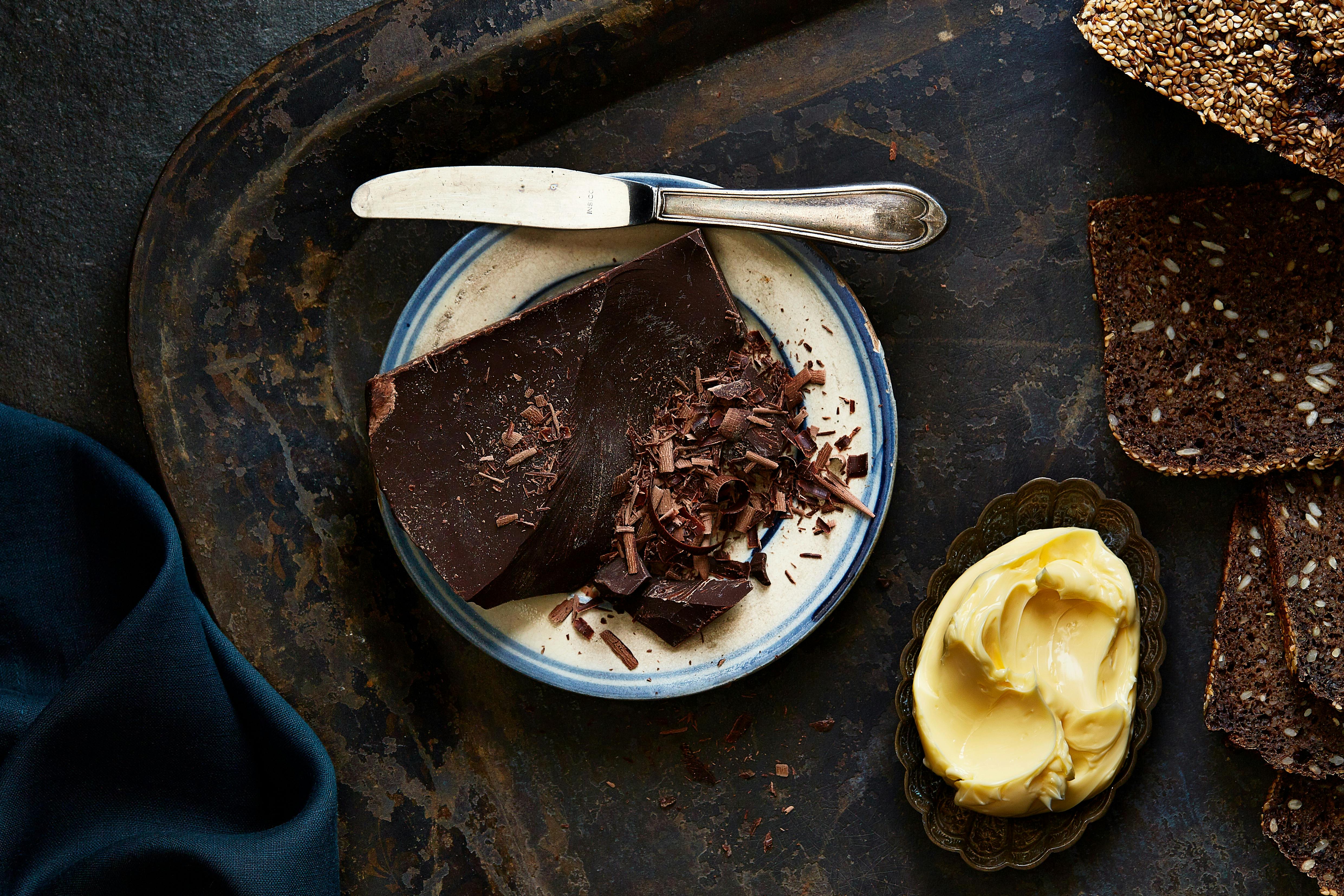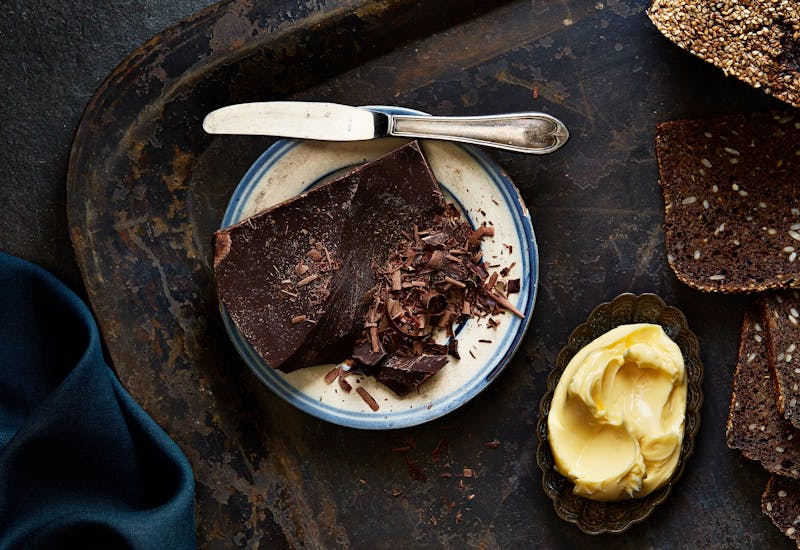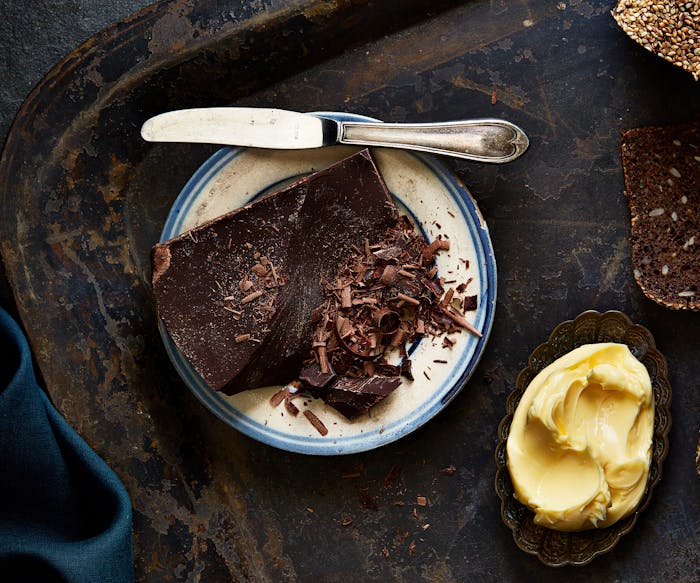Shared by Eugene Ginter
The Boy Liberated from Auschwitz Just Before His Sixth Birthday
The Boy Liberated from Auschwitz Just Before His Sixth Birthday
Family Journey
In the early 1940s, a German colonel and his mistress arrived at the apartment where Eugene Ginter lived and told his family they had until the next morning to leave. “My father spent the night burning all of my mother’s furs,” Eugene shares.
Born on the eve of World War II, in early 1939, he was just a toddler at the time. His parents packed him and his belongings into a baby carriage and moved into the Płaszów ghetto, which would later become the camp that’s featured in the film “Schindler’s List.” His mother Ernestyna worked in Oskar Schnindler’s factory and his father Roman was the private secretary to Amon Göth, the notoriously brutal commandant of the camp. “My job was to try to stay alive,” Eugene says.
Every day when his parents went to work, they didn’t know if he would survive until they returned. But Eugene did, in part, because of his father’s job. When children were rounded up, Roman knew in advance and told Eugene to hide. But “as the ghetto was being liquidated, there was no place [left] for me to hide,” he says. Children were being sent to Auschwitz on the next train. As they waited, Roman stepped out of the line like a soldier and asked the commandant for permission to die with his son (he knew the officers liked theatricality, Eugene shares). Other fathers followed Roman’s lead and were deported with their children.
Auschwitz-Birkenau is less than an hour away by car from the camp, but Eugene recalls the journey took two weeks as the Nazis moved them from one camp to another. When they finally arrived at Birkenau, they were put in front of Dr. Josef Mengele, who sent their group to the gas chambers. As they were marched away, an officer handed Mangele a letter. When he read it, he told the prisoners to halt. Eugene didn’t know this at the time, but later learned that the Russians were close and that the letter from Berlin instructed Mengele not to gas more prisoners, only to burn the corpses of those who had already been killed.
Eugene and his father endured the camp together until Roman was deported to Mauthausen, a concentration camp in Austria. After he left, Eugene hid in the building that housed prisoners with tuberculosis and typhus. One night, the barracks were set on fire, but another kid woke Eugene up and he ran outside where German officers caught them. From there, they were sent on a death march to Auschwitz, a couple of miles away. Knowing the Soviet forces were closing in, the officers fled after they arrived. The next day, January 27, 1945, Auschwitz was liberated — 12 days before Eugene’s sixth birthday.
For six months he lived in a Jewish orphanage where he remembers being part of a gang of kids who would break into cellars and steal food. After a woman in Krakow told his mother she had seen Eugene’s red hair in the orphanage, Ernestyna was able to find him.
Together they listened together to radio broadcasts for days where names of survivors were read aloud until they heard Roman’s and learned he was in Austria. They traveled on a train that was so crowded that people were holding on to the roof and made their way on foot through a minefield. When Eugene and his mother spotted two American soldiers in parkas, they knew they were safe.
Reunited, the family traveled to Bavaria where a man Roman knew said they would be safe. Still emaciated from the war, Eugene’s father would yell at him to eat, but it only made Eugene sick. His mother cleverly started to make what Eugene refers to as a chocolate sandwich, with a thick slice of black bread, butter, and chocolate shavings. He would only eat certain things and this was one of them.
In 1950, the family moved to New York, where Eugene now lives in the Riverdale section of the Bronx. When he was asked to share a recipe for the cookbook “Honey Cake & Latkes: Recipes from the Old World by the Auschwitz-Birkenau Survivors,” this is the one he submitted. His mother only made it for a short time and it’s not a snack he makes for his daughter or granddaughter, but it was an essential food at a crucial moment.
“Food was not an end all, it was just a means to survive,” Eugene explains. “You just made do, you did the best you could with what you had.” -
Hear Eugene share his story in his own words.


